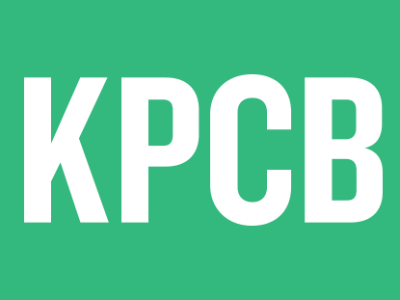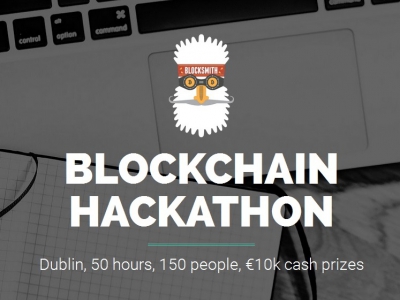The research division of Intel Corporation, Intel Labs, is looking for a graduate of a Computer Science department to study “public ledgers”. The aim is to create “cutting-edge cryptographic algorithms”.
The job announcement appeared on Indeed.com and was immediately reposted on blogs and forums. Some media reported that Intel is looking for a specialist in bitcoin, but the text of the announcement suggests something different.
The ideal candidate should have a PhD or Masters degree in Computer Science or Computer Engineering and one year of work experience. The company is interested in people who have “technical depth in the areas of crypto algorithms, access control models and security/privacy protocols”.
The selected candidate will join the Special Innovations group within a company.
Intel Corporation has not demonstrated any significant interest in bitcoins and public ledgers before now. Digital currency is occasionally mentioned on the corporate website. According to Matthew Rosenquist, an Intel expert, 2015 will see many attacks on bitcoin ATMs:
Intel Labs do not mention bitcoin or the blockchain on their website. Yet it works on many projects that may potentially involve bitcoin technology.

















